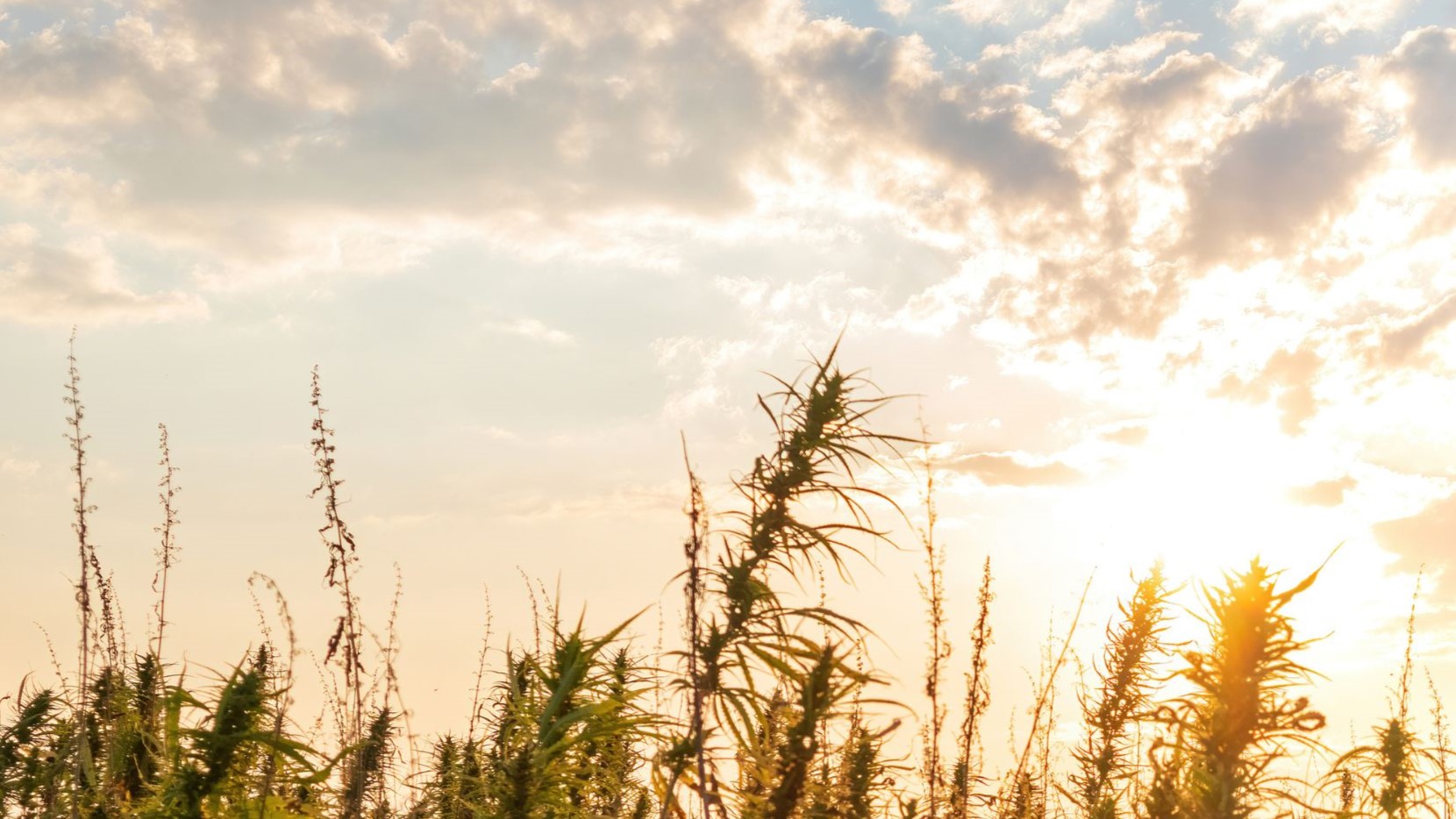However, the government has decided to maintain restrictions on the use of hemp flowers for CBD extraction, reflecting a cautious approach to cannabis regulation.
The legalization allows Moldovan farmers to cultivate industrial hemp varieties specifically for their seeds and fibers, which are in demand globally for applications in food, textiles, construction, and bio-based materials. This decision is expected to provide a significant boost to the country’s agricultural sector, offering a sustainable crop alternative and potentially creating jobs along the hemp supply chain.
Despite this progress, the production and use of hemp flowers for cannabidiol (CBD) extraction remain prohibited. Authorities have cited concerns over the lack of regulation and potential misuse, choosing to focus on the non-psychoactive aspects of the hemp plant. This restriction may limit Moldova’s access to the rapidly growing CBD market, which has been gaining traction worldwide for its wellness and therapeutic applications.
Hemp farming has been praised for its economic and environmental benefits. The plant is resilient, requires minimal pesticides, and improves soil health, making it an attractive option for farmers seeking sustainable practices. Globally, the demand for hemp-based products continues to rise, and Moldova’s decision positions the country to tap into these expanding markets, albeit with a narrower focus.
Moldova’s cautious approach mirrors that of other countries striving to balance innovation with regulatory concerns. By prioritizing seed and fiber production, the government aims to build a foundation for industrial hemp without wading into the more controversial waters of CBD products.
While the restriction on CBD flowers may limit immediate economic opportunities, the legalization of hemp farming for seed and fiber is a significant step forward. It reflects a growing recognition of hemp’s potential as a versatile and sustainable crop. As Moldova gains experience in regulating and cultivating hemp, there may be future discussions about expanding the industry to include CBD extraction.
For now, the decision underscores the country’s commitment to fostering innovation in agriculture while maintaining a cautious regulatory stance.
Photo by 24K-Production from Getty Images




